Emotional Balance

- Leader in today’s fast paced times is more staying grounded, staying calm and composed to overcome the challenges.
- It is not only stick to strategy or delegating task but emotional self-management matters a lot.
- Have you ever thought?
Why do some managers handle crises with calm precision while others crumble?
- The answer lies in one transformative skill:
Emotional Balance.
- In this post, we’ll explore why it isn’t a luxury’;
It’s a necessity for thriving in management and life.
Definition of Emotional Balance
- It refers to the ability to maintain mental and emotional stability, even in the face of :
- StressChallenges
- Or strong emotions
- It’s about staying centered, calm, and resilient;
Neither suppressing nor being overwhelmed by emotions.
Someone with balance in emotions:
- Responds wisely instead of over reactive.
- Can experience emotions without letting them control their actions
- Bounces back more quickly from emotional upsets
- It’s not about avoiding emotions,
But about managing them in a healthy, constructive way.
- It fosters (especially under pressure):
- Inner peaceClarity
- Sound decision-making
Emotional Balance Differ from Emotional Intelligence?
They are related but distinct concepts:
- Both your own and others’ emotional Intelligence (EI) is the broader ability of emotions:
- RecognizingUnderstandingManaging
- influencing
- It includes multiple components:
- Self-awareness
- Self-regulation (where balance fits in)
- Motivation
- Empathy
- Social skills
- Emotional Balance is a subset of;
Emotional intelligence, specifically under self-regulation.
- It focuses solely on your internal ability to stay emotionally steady and calm.
Think of it this way:
- Emotional Intelligence = a full toolbox for working with emotions
- Emotional Balance = one powerful tool inside that toolbox
Why Emotional Balance Matters in Leadership
- Despite emotional turbulence, emotional balance refers to your ability to maintain:
- Mental clarity
- Self-control
- Perspective
- In leadership, it impacts:
- Decision-making
Prevents reactive, impulsive choices
- Communication
Enables thoughtful, empathetic dialogue
- Stress management
Reduces burnout risk
- Team morale
Fosters psychological safety and trust
- A leader’s emotional regulation directly influences workplace culture.
- Leaders who model balance inspire resilience in their teams.
5 Practical Strategies to Build Emotional Balance
1. Practice Mindful Awareness
- Take 5-minute breathing breaks during the workday.
- Notice emotional triggers without judgment.
2. Set Boundaries to Prevent Overload
- Learn to say no gracefully.
- Delegate where possible to avoid emotional depletion.
3. Develop Emotional Literacy
- Recognize and name emotions as they arise.
- This prevents unconscious reactions.
4. Prioritize Physical Wellness
- Regular sleep, exercise, and hydration contribute to emotional stability.
5. Seek Feedback and Reflection
- Invite trusted peers or mentors to reflect on your emotional patterns in leadership.
Emotional Balance and Stress Management at Work
- Leadership often comes with high-pressure situations.
- Emotional balance isn’t about suppressing emotions;
It’s about creating enough inner space to respond wisely.
- Leaders with emotional balance:
- Handle setbacks with optimism and adaptability
- Model calmness during crises
- Encourage emotionally intelligent communication across teams
Read more about one of the emotionally balanced Traits of Leadership
The Ripple Effect of Emotional Balance on Workplace Culture
- Balanced leaders foster:
Psychological safety
Trust
Innovation
- Their steadiness empowers employees without fear to:
- Take risks
- Share ideas
- Admit mistakes
- Conversely, emotionally volatile leadership can breed:
- Fear
- Defensiveness
- High turnover
Emotional Balance for Long-Term Leadership Success
- Like any skill, it requires continuous practice.
- Consider integrating it into:
- Leadership development programs
- Coaching sessions
- Team trainings
- Emotional balance is not a soft skill.
It is an essential leadership competency for 21st-century success.
Conclusion
- In leadership and management, balance in emotions isn’t just about staying calm;
It’s about in the face of adversity:
- Clear
- Kind
- Courageous
- By practicing balance;
Leaders not only uplift themselves but also transform their organizations from within.
Let it be your quiet superpower.
FAQs
Q1: How can I develop it while leading under pressure?
Begin with mindfulness practices, emotional labeling, and scheduled reflection periods.
Q2: Does it differ from emotional intelligence?
Yes.
Emotional intelligence includes emotional balance.
Also involves understanding and influencing others’ emotions.
Q3: Practicing it can affect team performance. Is it true?
Absolutely, practicing emotional balance:
Fosters trust
Lowers conflict
Improves collaboration
Q4: It helps preventing emotional burnout, is it true?
Absolutely! It reduces:
Emotional reactivity
Enabling healthier
Coping with stress
Call to Action
- · Unlock emotional balance in your leadership
- · Explore growth strategies
- · Look into leadership insights
- · Be stronger in emotional resilience
- Resilience Meaning: Read Here
Read Also : The relationship between job satisfaction and employee mental health







